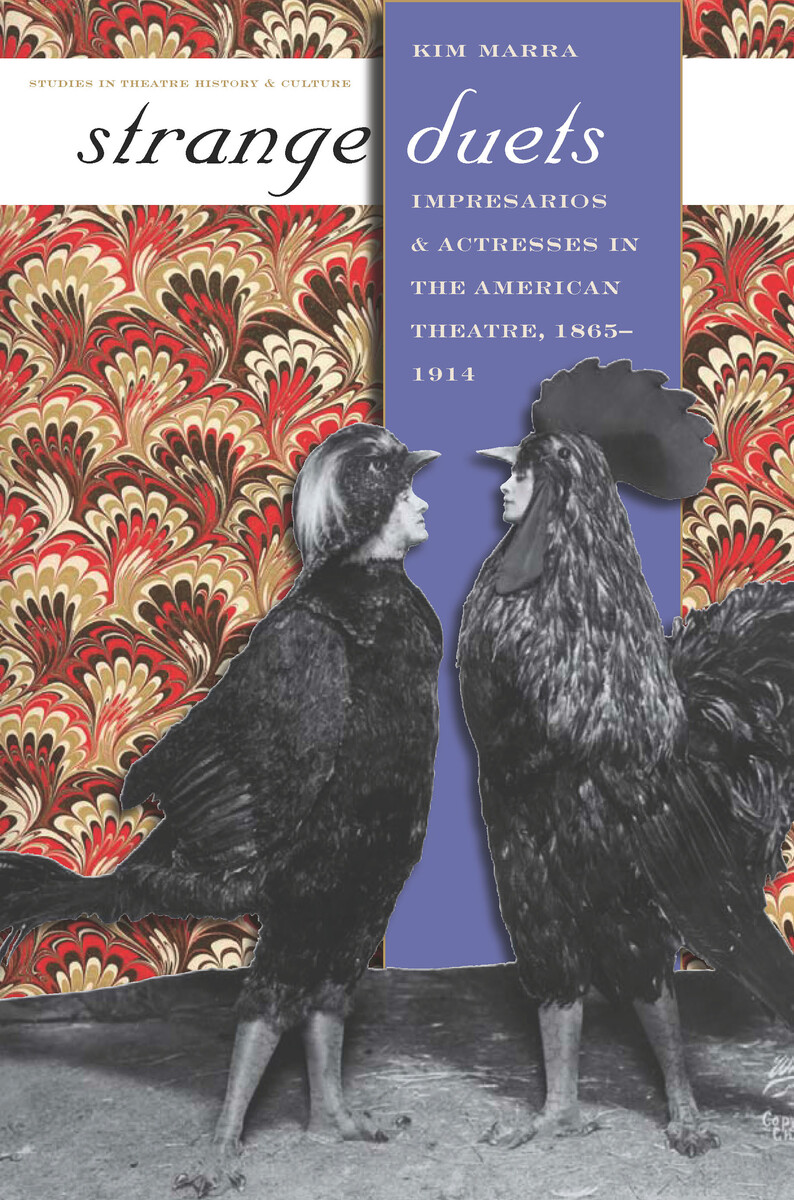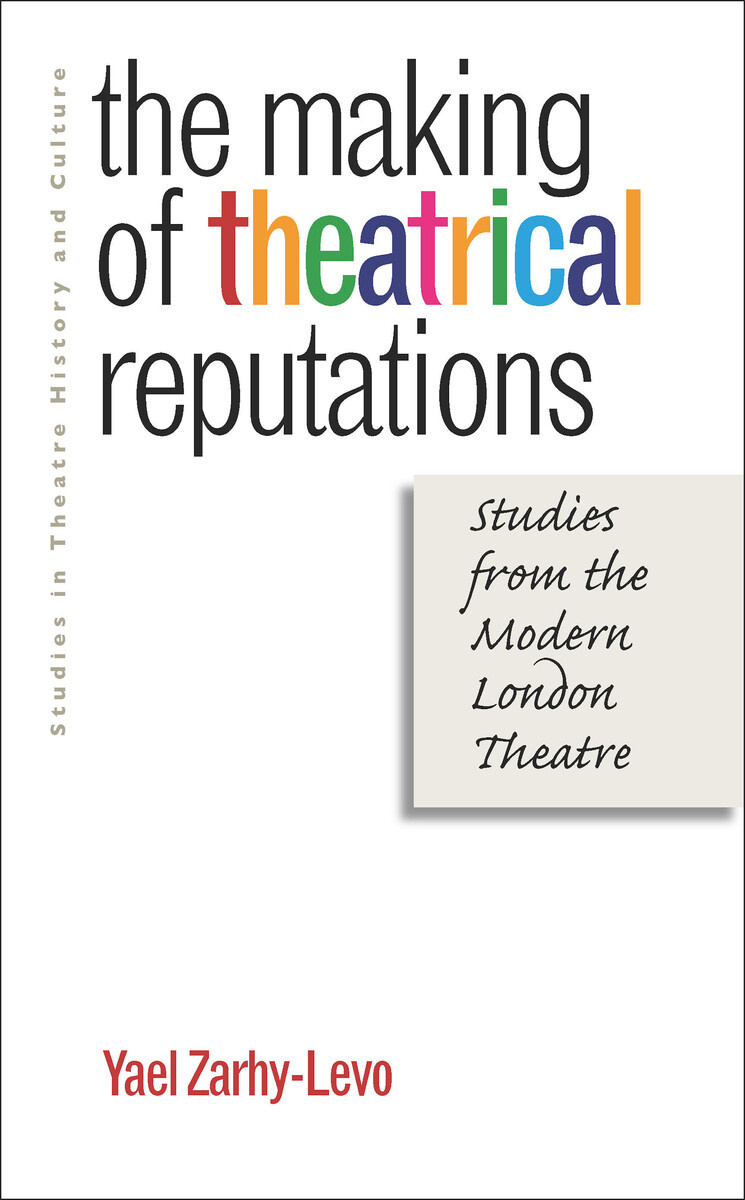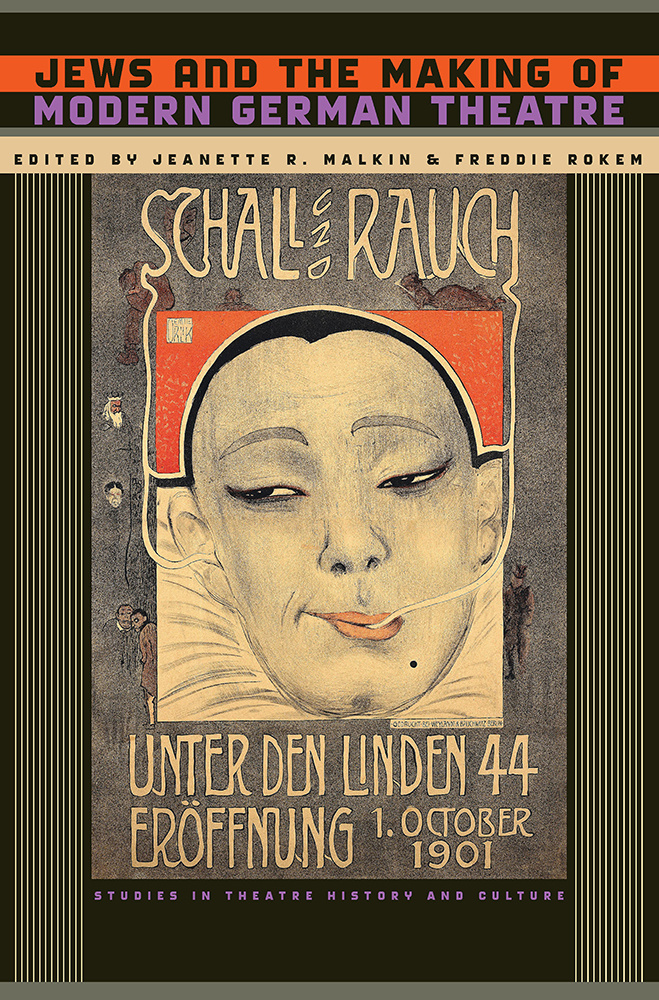Joe A. Callaway Prize winner
George Freedley Book Award finalist
Autocratic male impresarios increasingly dominated the American stage between 1865 and 1914. Many rose from poor immigrant roots and built their own careers by making huge stars out of “undiscovered,” Anglo-identified actresses. Reflecting the antics of self-made industrial empire-builders and independent, challenging New Women, these theatrical potentates and their protégées gained a level of wealth and celebrity comparable to that of Hollywood stars today. In her engaging and provocative Strange Duets, Kim Marra spotlights three passionate impresario-actress relationships of exceptional duration that encapsulated the social tensions of the day and strongly influenced the theatre of the twentieth century.
Augustin Daly and Ada Rehan, Charles Frohman and Maude Adams, and David Belasco and Mrs. Leslie Carter reigned over “legitimate” Broadway theatre, the venue of greatest social cachet for the monied classes. Unlike impresarios and actresses in vaudeville and burlesque, they produced full-length spoken drama that involved special rigors of training and rehearsal to sustain a character’s emotional “truth” as well as a high level of physical athleticism and endurance. Their efforts compelled fascination at a time when most people believed women’s emotions were seated primarily in the reproductive organs and thus were fundamentally embodied and sexual in nature. While the impresario ostensibly exercised full control over his leading lady, showing fashionable audiences that the exciting but unruly New Woman could be both tamed and enjoyed, she acquired a power of her own that could bring him to his knees.
Kim Marra combines methods of cultural, gender, and sexuality studies with theatre history to explore the vexed mutual dependency between these status-seeking Svengalis and their alternately willing and resistant leading ladies. She illuminates how their on- and off-stage performances, highly charged in this Darwinian era with “racial” as well as gender, sexual, and class dynamics, tapped into the contradictory fantasies and aspirations of their audiences. Played out against a backdrop of enormous cultural and institutional transformation, the volatile romance of Daly and Rehan, closeted homosexuality of Frohman and Adams, and carnal expiations of Belasco and Carter produced strange duets indeed.
"This is a unique and thrilling work . . . . For those diehards who refuse to consider gender and sexuality as crucial to our understanding of performance, this book should rightfully set the record straight."—Theatre Survey
“Unique and provocative in its choice of topic, meticulously researched, thoughtfully conceived, and well written . . . not only timely, relevant, and scholarly but thoroughly enjoyable as a reading experience. Marra’s work may well become the model for similar inquiries into the life, work, and personal relations of other prominent directors, producers, and/or stars and gender relations in the theatre.”—John W. Frick, author, Theatre, Culture and Temperance Reform in Nineteenth-Century America
“Kim Marra’s fresh look at three pairs of male impresarios and their principal actresses draws a new map of the circulation of power in the American theatre of 1865–1914. Marra’s meticulously researched and documented study demonstrates a two-way flow of interests and assets as male managers and their female stars played for and against one another to capture audiences and bookings. Strange Duets is required reading for students and scholars of the modernizing American stage.”—Katherine Kelly, Texas A&M University
"In this innovative, fascinating, and engrossing project, Kim Marra astutely demonstrates how impresario giants—Daly, Frohman, and Belasco—manipulated their leading ladies—Rehan, Adams, and Carter, respectively. Although each exerted his own peculiar strategies, they were all gradations of living puppet masters. While analyzing these unique partnerships, Marra is ever conscious of the roles played by gender, ethnicity, race, class, and, above all, sexuality, providing a unique look at the American theatre of the late nineteenth century."— Don B. Wilmeth, editor, The Cambridge Guide to American Theatre (2d ed.); coeditor, The Cambridge History of American Theatre
Winner of the 2008 Joe A. Callaway Prize


